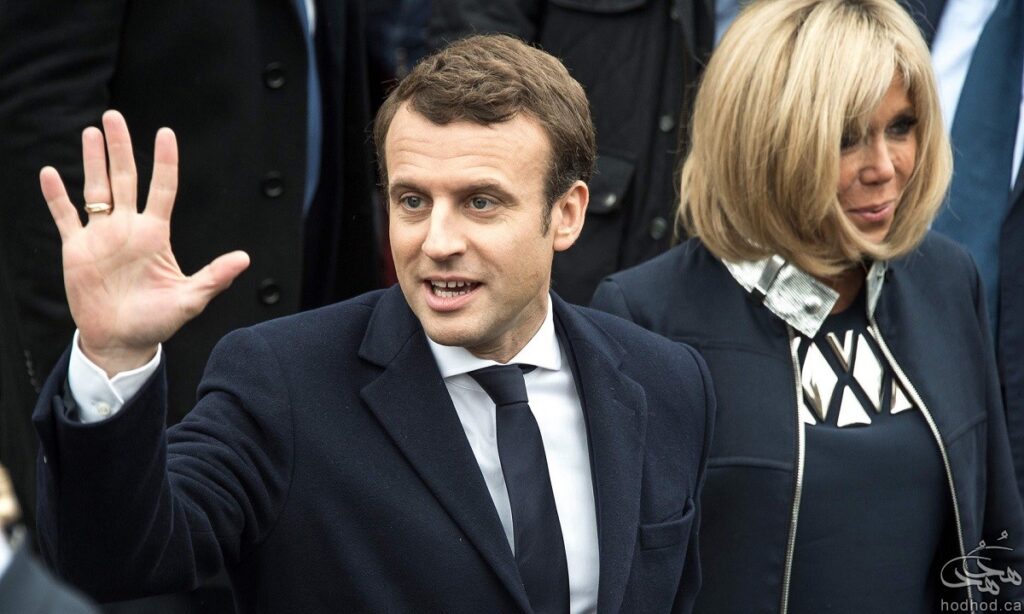The pro-EU centrist Emmanuel Macron has won the French presidency in a decisive victory over the far-right Front National leader, Marine Le Pen, and vowed to unite a divided and fractured France.
Macron, 39, a former economy minister who ran as a “neither left nor right” independent promising to shake up the French political system, took 65.1% to Le Pen’s 34.9%, according to initial projections from early counts.
His victory was hailed by his supporters as holding back a tide of populism after the Brexit vote and Donald Trump’s victory in the US election.
In a solemn first speech from his campaign headquarters, he vowed to “defend France and Europe”. He promised to “unite” a divided and fractured France that had led people to vote for “extremes”. He said that he would “fight with all my strength against the division that undermines and destroys us”.
He promised to “guarantee the unity of the nation” and “fight against all forms of inequality and discrimination”.
Despite the wide margin of the final result, Le Pen’s score nonetheless marked a historic high for the French far right. Even after a lacklustre campaign that ended with a calamitous performance in the final TV debate, she was projected to have taken almost 11 million votes, double that of her father, Jean-Marie Le Pen, when he reached the presidential run-off in 2002. The anti-immigration, anti-EU Front National’s supporters asserted that the party has a central place as an opposition force in France.
Turnout was the lowest in more than 40 years. Almost one third of voters chose neither Macron nor Le Pen, with 12 million abstaining and 4.2 million spoiling ballot papers.
Macron, who has never held elected office and was unknown until three years ago, is France’s youngest president. Next Sunday he will take over a country under a state of emergency, still facing a major terrorism threat and struggling with a stagnant economy after decades of mass unemployment. France is also divided after an election campaign in which anti-establishment anger saw the traditional left and right ruling parties ejected from the race in the first round for the first time since the period after the second world war.
François Bayrou, an ex-minister and Macron’s centrist ally, said: “He is the youngest head of state on the planet [which] sends an incredible message of hope.” He added: “Macron is giving hope to people who had no hope. Hope that maybe we can do something, go beyond the [left-right] divide that no longer makes sense.”
Le Pen swiftly conceded defeat. She said she had won a “historic and massive” score which made her leader of “the biggest opposition force” in France and vowed to radically overhaul her Front National party. Her promise to “transform” the far-right movement left open the possibility that the party could be expanded and renamed in an attempt to boost its electoral chances. It was a major step in the political normalisation of her movement.

